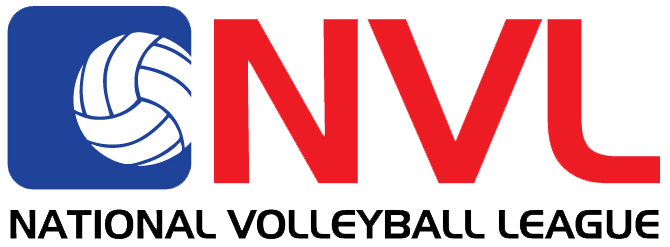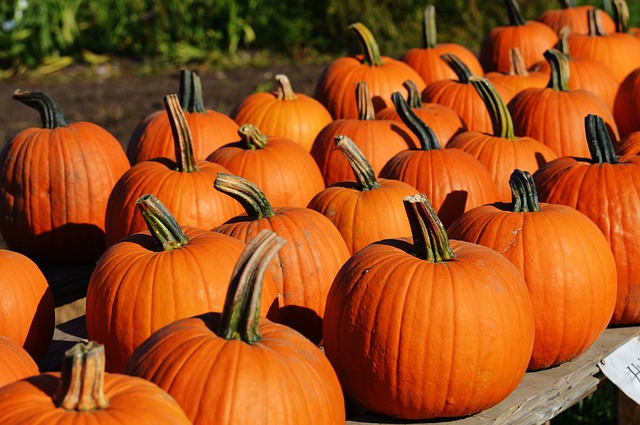It’s official…. We hate to admit it, but the off-season is in full swing. Days feel like they are getting shorter and now that beach season is over, it’s getting tough to keep your energy up. Now is the time to keep both your training and motivation at a high, so that you’re ready to take on the sand when beach season rolls around in March. That’s why we’ve compiled this handy guide for boosting your volleyball energy during the winter months, so that you’re more than ready when the beach season starts!
Choose Your Carbs Wisely
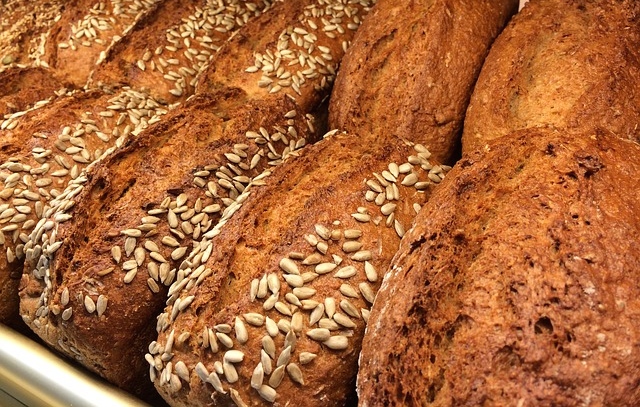
Since carbohydrates are what your body most prefers to use as a means of energy, it’s important to be sure you are consuming the right kinds of carbs as your source of fuel. Opt for whole grains, whole wheat cereals and breads, as well as brown rice rather than white. Processed carbohydrates have a tendency to be more difficult to digest, plus they are very low in fiber, both of which will make you slow and sluggish. Volleyball players in particular should be eating more energy boosting carbs that their bodies can use put to good use when training and working out. You’ve got to feed your body in order to feed the dream!
Adding Water
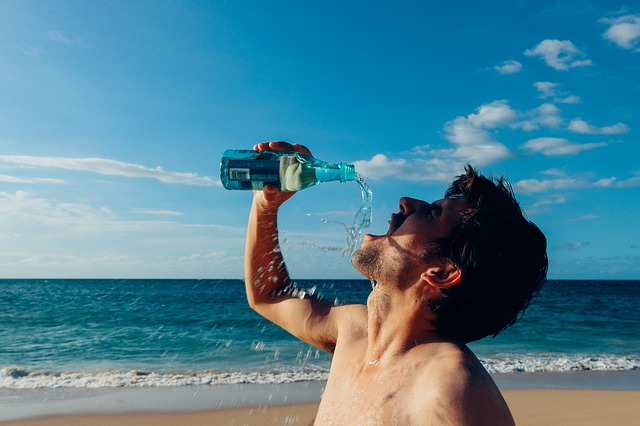
Our bodies need lots of water in order to function at optimum efficiency, and goodness knows we don’t get enough! Incorporating plenty of hydration into your volleyball training schedule and workout routines will not only boost your over all energy and metabolism, but it will also aid in reducing any inflammation or soreness you’re feeling. So always pack a bottle of H2O and start hydrating!
Foods With Magnesium and Omega-3’s
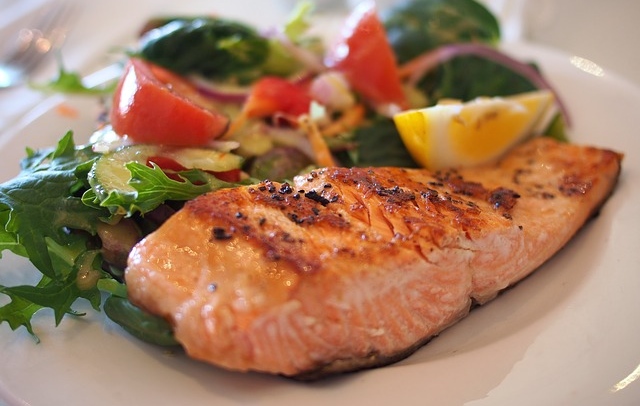
Both magnesium and omega-3 fatty acids are known for their anti-inflammatory properties, which is ideal when you’re weight training during the off-season. Making sure you’re getting enough of both of these will not only help your body recover, but it will also help to keep your energy up! The best way to get both magnesium and omega-3’s incorporated into your daily routine is through the foods you eat. Magnesium is found in dark leafy greens, pumpkin and squash seeds, beans and lentils, avocados, bananas, and even dried fruit. Omega-3’s are found abundantly in fish, flaxseeds, and nuts.
Set Yourself A Schedule
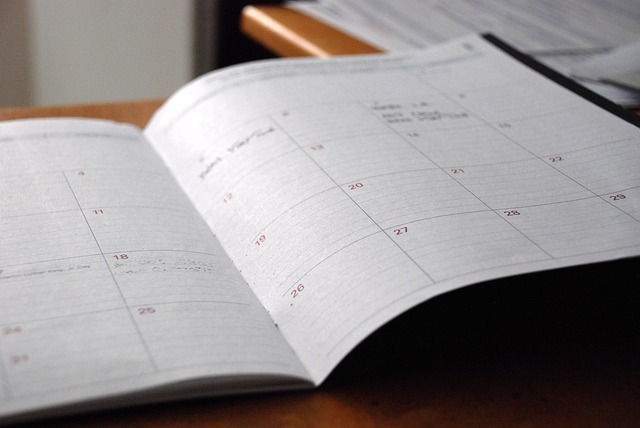
Sometimes, when you don’t have the season to keep you motivated and excited, it can be hard to keep your training on track. That’s why setting yourself a schedule ahead can help you keep honest with yourself in terms of training, eating, working, and whatever else you’re taking on during the off-season. Giving yourself a waking up and going to bed timeframe will help keep your sleep schedule balanced and everyone knows that when you sleep well, you perform better! Setting up your workouts and training times before the week starts will also help you to feel more organized and thus more motivated as well!
REST DAYS!
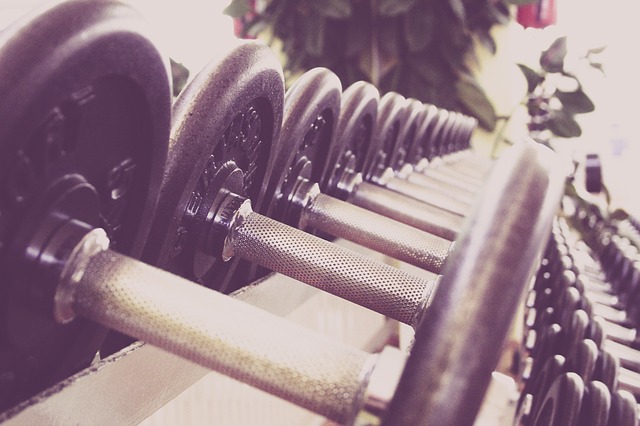
Beach volleyball pro Tarin Keith expresses the importance of taking rest days during off-season. “During off-season training, you lift heavy and push your body to build strength and explosiveness. Rest days are necessary to let your muscles recover. Typically, one full day of rest per week is enough to refuel and get ready for the next six days. Most importantly, listen to your body. You don’t want to get inured or burnt out before the season even starts.”
